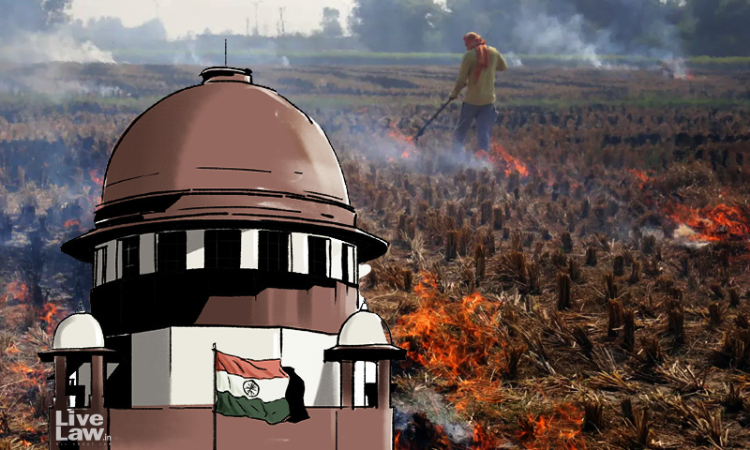Stubble Burning | Encourage Crops That Don't Leave Behind Stubble : Supreme Court Flags Long-Term Solutions
Awstika Das
10 Nov 2023 4:36 PM IST

Next Story
10 Nov 2023 4:36 PM IST
The Supreme Court on Friday (November 10) expressed renewed concerns over the raging farm fires in the states adjacent to Delhi, particularly Punjab, urging the governments to come up with emergency measures to douse the fires now and longer-term measures for crop replacement in a phased manner and to encourage crops that do not leave behind stubble that will require burning,...
